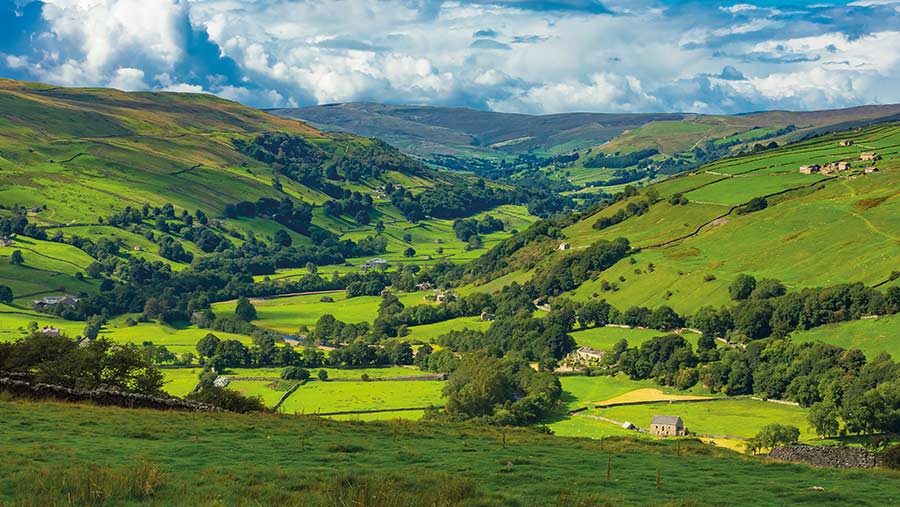Private farmland sales: What buyers should consider
 © Anne Coatesy/Adobe Stock
© Anne Coatesy/Adobe Stock Farmland buyers in the private market benefit from confidentiality and access to properties that they would not otherwise find out about.
However, there are degrees of privacy and questions to ask when taking this route, says Charlie Evans, part of the team at CKD Property Advisers.
The firm specialises in private sales and purchases of farms, land and estates, with its marketing and purchases split roughly 50:50 between individual farms and estates.
See also: Contract farming agreements – what to consider
How private is private?
Is the property being offered really a private sale?
Off-market or private sales range from total secrecy from the market, where only one bidder is aware of the opportunity, to a broad marketing campaign with information sent to potential buyers but without advertising or press comment.
“A buyer needs to understand which end of the spectrum the sale is, as there may be the prospect of competition and the opportunity may not be as private as first thought,” says Mr Evans.
Aside from asking a straight question about who has been approached by the seller or their agent, one indication of the degree of privacy is being asked to sign a non-disclosure agreement (NDA).
These are usually time-limited to a few weeks and are designed to give a window to both parties to get the deal under way.
“There’s always got to be an element of trust, but if a seller is asking for an NDA you can be pretty sure they are serious,” says Mr Evans.
In cases where a farm does not sell, however, NDAs may last for up to two years.
“A big driver of a private marketing is the degree of control it offers a seller, so that if the farm does not sell, other family members, employees, contractors and others associated with the business are not spooked by knowing it is or was on the market,” says Mr Evans.
How serious is the seller?
Private marketing is sometimes used by uncommitted sellers to test the market. Then if they don’t get the result they want, they can withdraw.
“Be careful to establish the reason for sale and whether the seller is genuine before you invest too much emotional energy or cost,” advises Mr Evans.
Serious private sellers tend to have instructed solicitors, so there is a legal pack ready; they have a proper plan, searches and all the information a buyer would expect in open market sale particulars.
Guide price testing
Some agents will trial a private sale with an artificially high guide price to see if there are any buyers out there who are tempted before reverting to an open market sale.
“This tactic is also a convenient way for selling agents to seduce the seller with a high guide price to win the job,” says Mr Evans.
“After failing to sell privately, the property will be launched onto the open market on the open market, often with a lower guide price and lack of buyers used as an excuse to reduce it.
“From a buyer’s point of view, waiting and watching might make significant financial sense.”
Do buyer and seller usually meet?
Sellers fall largely into two distinct camps in this respect, says Mr Evans.
“For many, the whole process of selling their farm is so painful and emotionally charged that they want nothing to do with it once they have decided to sell and instructed an agent.
“On the other hand, for some it is really important that they meet the person they are selling to so that they can be comfortable that the land is going to be farmed in a similar way or that the buyer has a similar ethos.”
Market segments
Private marketing is used more frequently for farms and estates valued at £5m-plus, with some agents using this route for about half the properties of this type.
The higher the price above this level, the more important private marketing becomes.
